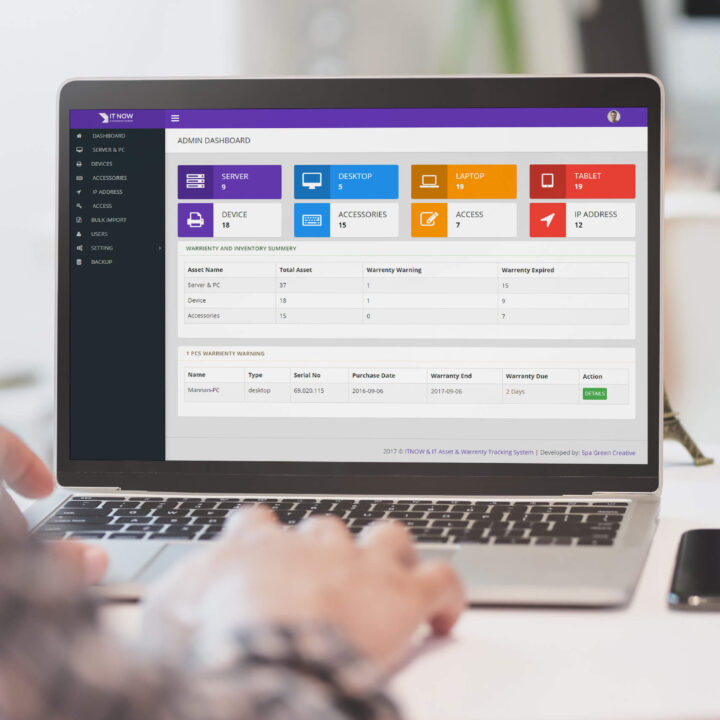Why Cybersecurity is Crucial for E-commerce Businesses?
Why are cybersecurity essentials critical for e-commerce? It’s a million-dollar question: Cybersecurity is not just a technical requirement but a fundamental necessity for any e-commerce business.
With increasing cyber threats, data breaches, and evolving regulatory landscapes, ensuring robust cybersecurity measures is crucial to protecting your business and customers. Let’s gather detailed knowledge of how cybersecurity works for e-commerce.
E-commerce Cybersecurity: The Foundation of Trust
Building trust with your customers starts with ensuring their data is safe. E-commerce cybersecurity involves implementing advanced security measures to protect sensitive information from cyber threats. By prioritizing cybersecurity, you safeguard your business reputation and enhance customer trust.
Why It Matters
In a world where cyber threats are becoming increasingly sophisticated, e-commerce businesses are prime targets due to the high volume of financial transactions and personal data they handle.
A single data breach can lead to significant financial losses, legal consequences, and irreversible damage to your brand’s reputation.
Therefore, investing in robust cybersecurity measures is not just an option but a necessity for sustaining and growing your e-commerce business.
Why You Need Cybersecurity
For any online business, security is a must-have, not a luxury. Ensuring that your website and online transactions are secure protects against potential threats that could disrupt your operations and harm your customers.
Key Components of Cybersecurity
SSL Certificates: Secure Socket Layer (SSL) certificates encrypt data transferred between your website and customers, ensuring that sensitive information like credit card details and personal data are protected.
Firewalls: Firewalls act as a barrier between your internal network and potential threats, blocking unauthorized access and harmful traffic.
Regular Security Audits: Conducting regular security audits helps identify vulnerabilities in your system, allowing you to address them before they can be exploited.E-commerce Data Protection: Guarding Sensitive Information
Data protection is the cornerstone of e-commerce security. Implementing robust data protection measures ensures that customer information, payment details, and business data are encrypted and securely stored, preventing unauthorized access.
Strategies for Data Protection:
Encrypting Data
- Encrypt data both at rest and in transit to ensure that even if it is intercepted, it remains unreadable to unauthorized parties.
- Implement strict access controls to ensure that only authorized personnel can access sensitive information, reducing the risk of internal threats.
- Use data masking techniques to protect sensitive information by replacing it with fictitious data, ensuring that real data is not exposed during testing or development.
Cybersecurity Best Practices
Adopting cybersecurity best practices, such as regular software updates, strong password policies, and employee training, can significantly reduce the risk of cyber attacks. These practices create a security-conscious culture within your organization.
Software Updates
- Keep all software and systems updated with the latest security patches to protect against known vulnerabilities.
Strong Password Policies
- Enforce strong password policies, including the use of complex passwords and regular password changes, to prevent unauthorized access.
Employee Training
- Conduct regular training sessions for employees on recognizing phishing attempts, secure browsing habits, and proper data handling practices to significantly reduce the risk of cyber attacks.
Protecting E-commerce Websites: Your First Line of Defense
Your website is the face of your business and your first line of defense against cyber threats. Implementing SSL certificates, firewalls, and regular security audits helps protect your website from attacks and ensures a secure browsing experience for your customers.
A WAF protects your website by filtering and monitoring HTTP traffic between a web application and the internet, blocking malicious traffic.
A CDN helps distribute your website’s content across multiple servers worldwide, reducing the risk of DDoS attacks and improving website performance.
Cyber Threats to E-commerce Business
E-commerce businesses face various cyber threats, including phishing attacks, malware, and DDoS attacks. Understanding these threats and their impact on your business is the first step in developing effective security strategies.
Common Cyber Threats:
Phishing Attacks
Cybercriminals use phishing emails to trick employees or customers into revealing sensitive information or installing malware.
Malware
Malicious software designed to disrupt, damage, or gain unauthorized access to computer systems.
DDoS Attacks
Distributed Denial of Service attacks overload your website with traffic, causing it to crash and become unavailable to legitimate users.
E-commerce Fraud Prevention: Staying Ahead of the Curve
Fraud prevention is critical in maintaining the integrity of your e-commerce business. Using fraud detection tools, monitoring transactions, and implementing multi-factor authentication can help you avoid potential fraudsters.
Fraud Prevention Techniques:
Real-Time Analysis: Implement tools that analyze transactions in real-time to detect and flag suspicious activity.
Transaction Monitoring: Regularly monitor transactions for unusual patterns or behaviors to identify potential fraud early.
Multi-Factor Authentication: Add an extra layer of security by requiring users to verify their identity through multiple methods, such as a password and a fingerprint.
Website Security for Online Stores
Securing your online store involves multiple layers of protection. Each measure contributes to a safer customer shopping experience, from secure coding practices to regular vulnerability assessments.
- Secure Coding Practices
- Ensure that your website’s code is secure from the ground up by following best practices and regularly reviewing it for vulnerabilities.
- Vulnerability Assessments
- Conduct regular assessments to identify and address potential security weaknesses.
- Security Plugins
- Use security plugins or extensions that provide additional protection against common threats.
Get a Free Consultation
Get a free cybersecurity consultation to protect your organization from hacking.
Conclusion
Robust cybersecurity is essential for any e-commerce business. It protects sensitive customer data, secures financial transactions, and builds trust.
Key measures include SSL certificates, firewalls, regular security audits, and comprehensive data protection strategies.
By adopting best practices and staying proactive against cyber threats, you safeguard your business and maintain a trustworthy reputation. Remember, cybersecurity is an ongoing commitment that ensures the sustainability and success of your e-commerce venture.
Author















